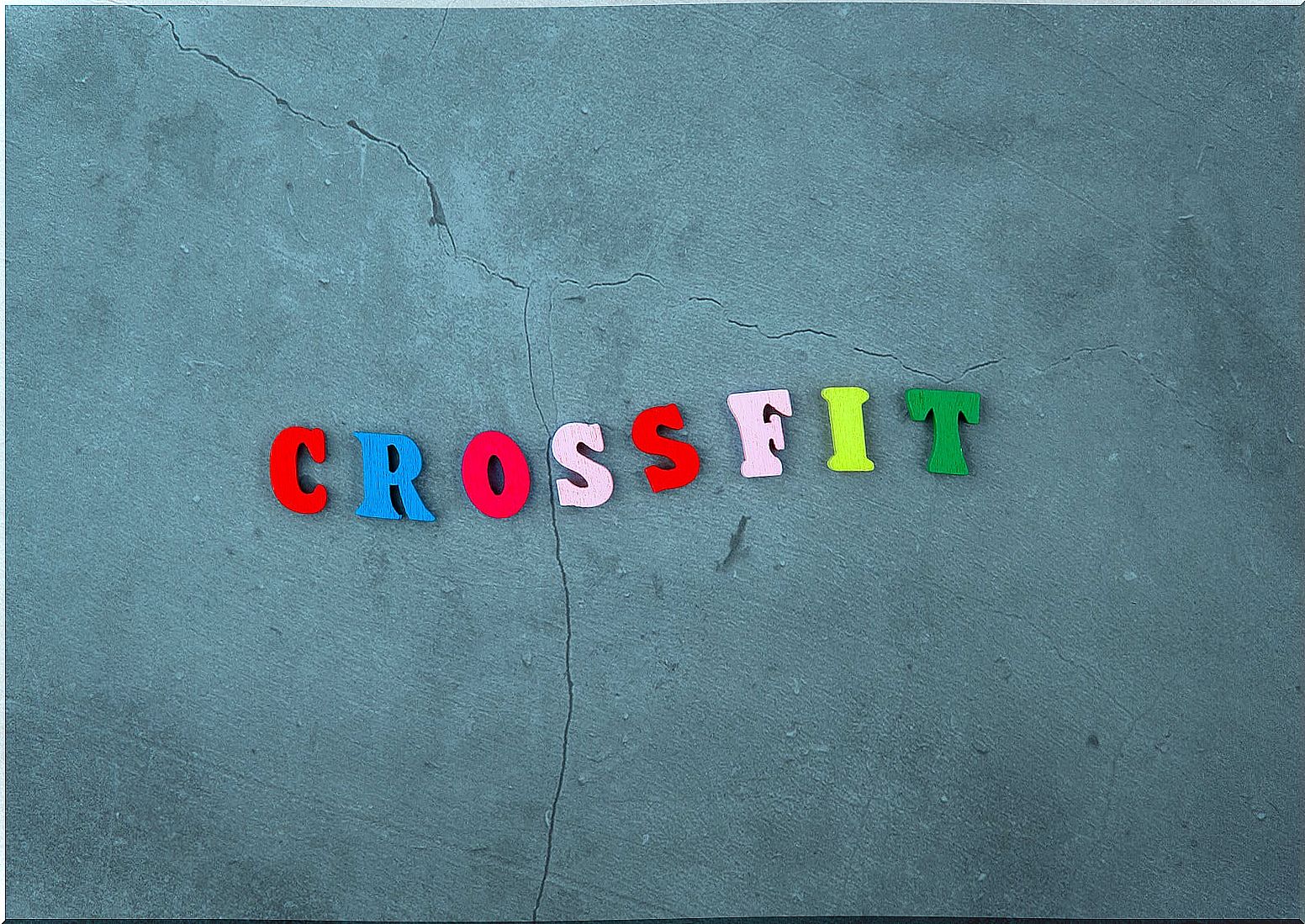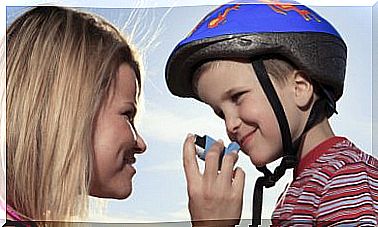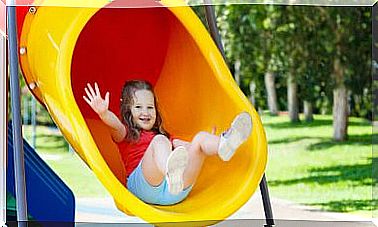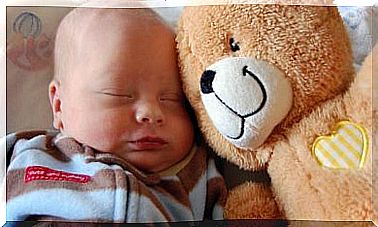The Benefits Of Non-competitive Sports For Tweens
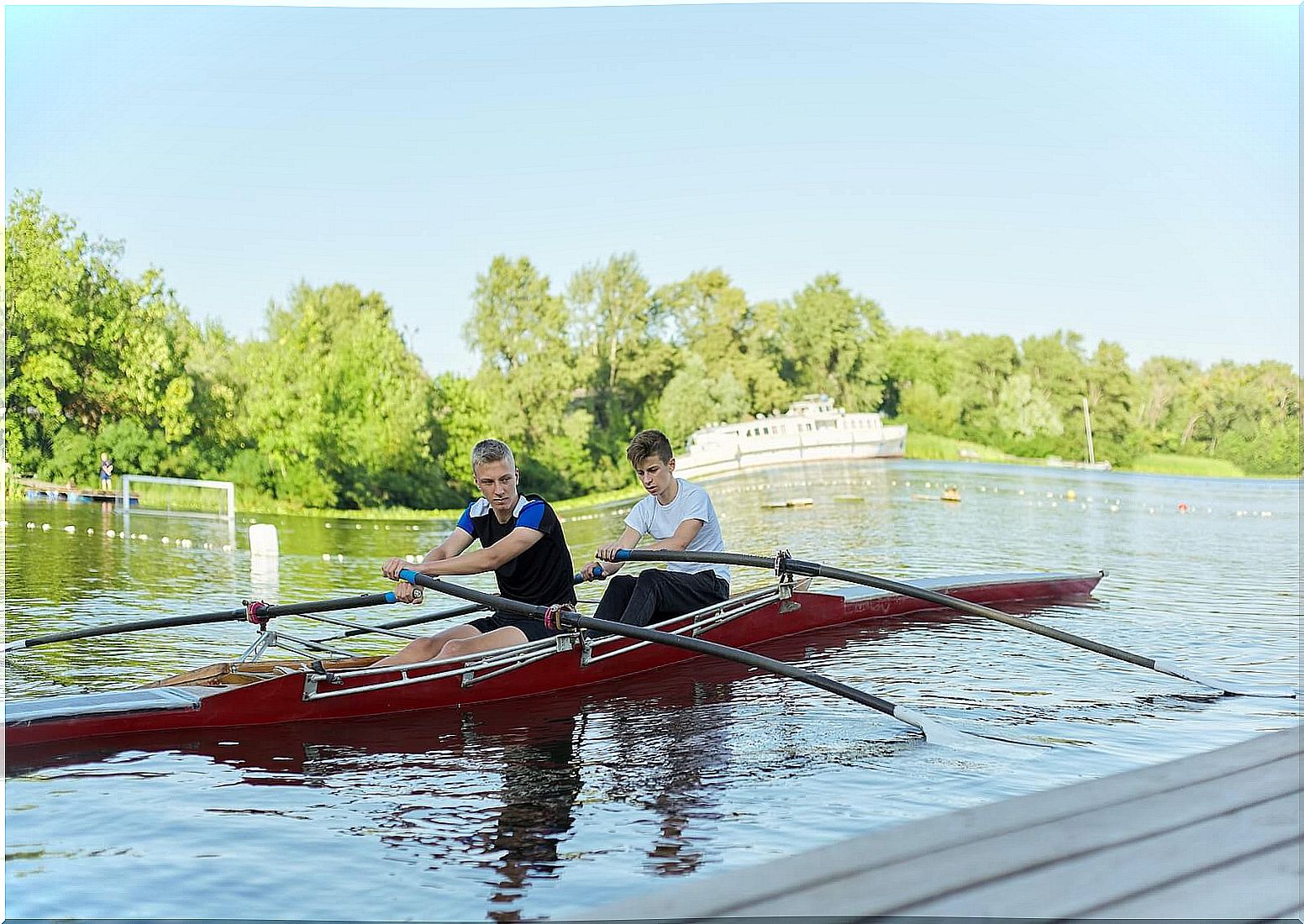
Competing is not a negative thing, far from it. When competition is well run, it offers many benefits to all ages. However, it is also very healthy for children and young people to play without competing. In the following lines we analyze the benefits of non-competitive sports for tweens.
Preadolescence is a time of change in which competition at a sports level begins to be more common, and also tougher. In fact, it can be very cruel, given the characteristics of young people at this stage.
Benefits of competition in preadolescence
Competition has undeniable benefits in preadolescence. These include acquiring social skills and friendships, managing conflict and fear, appreciating teamwork responsibility and commitment, taking risks, and learning limits.
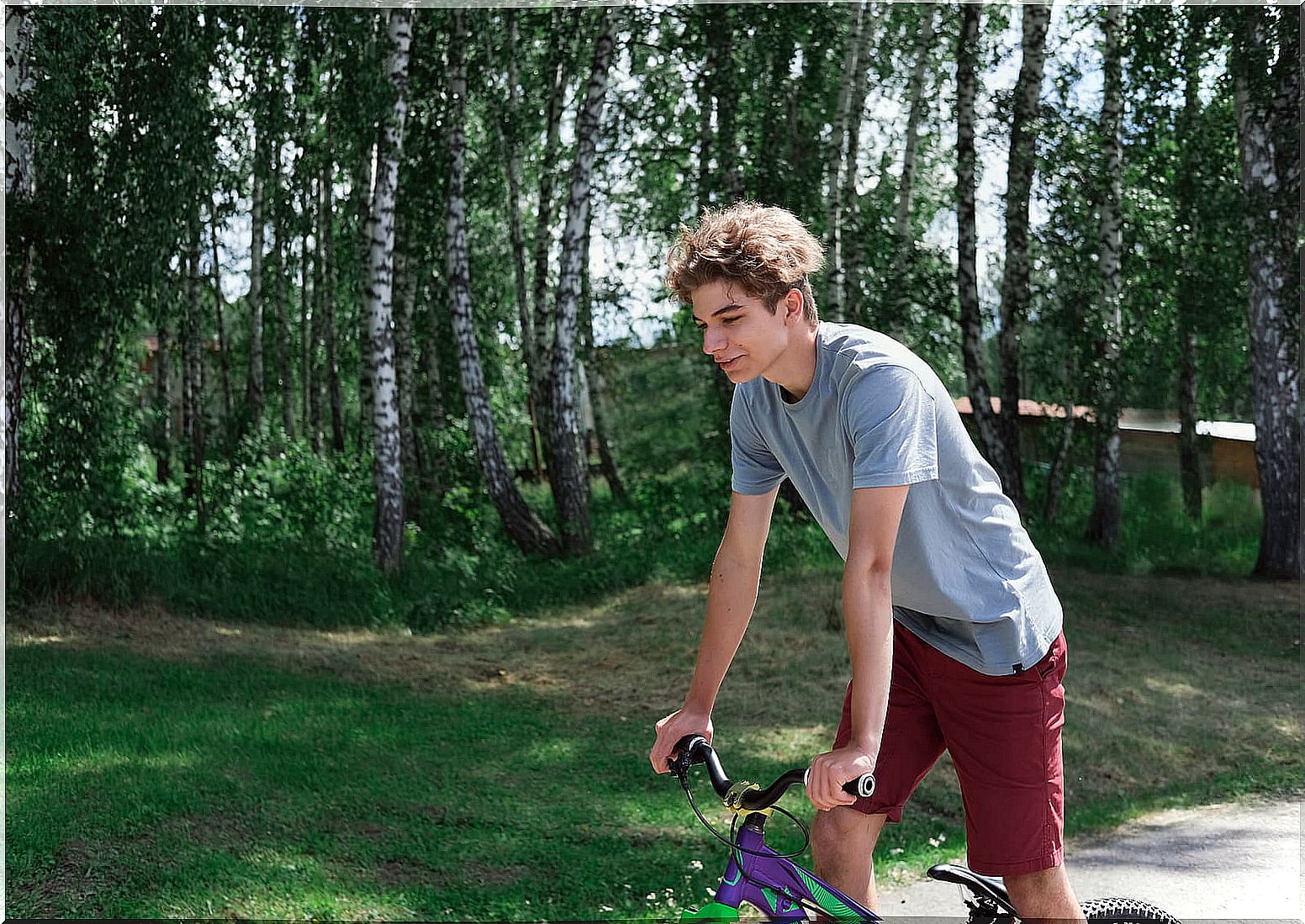
In addition, competitive sports help young people develop the capacity to accept criticism and to work collaboratively with others, even those with whom they do not have a good relationship off the field of play. They also help boost self-esteem and effectiveness.
Competitive sports also promote the acquisition of a work ethic, since they require effort and commitment that will be very useful in adult life. They also enhance resilience and self-regulation, organization and time management.
Why play non-competitive sports as a preteen?
But competition can also lead to frustration and abandonment of sports. Therefore, the practice of non-competitive sports serves to compensate for these bad moments and bad feelings. In addition, it helps young people to find other ways to enjoy sport.
In fact, non-competitive sports offer tweens the opportunity to learn new skills in an environment that encourages growth and challenge, rather than competition. Additionally, non-competitive sports allow young people to take a break from the stresses that competitive sports often cause.
Benefits of Non-Competitive Sports in Preadolescence
Non-competitive sports offer children and tweens an opportunity to learn new skills without giving up an environment that encourages growth and challenge. In addition, they offer an effective means for young people to release their energy and promote their well-being, both physical and emotional.
On the other hand, young people who have no interest in competitive sports may find in non-competitive sports a way to exercise and play without the pressure and demands of competition. They also give them the opportunity to participate in team activities and to make friends and network with other people.
In addition, for both competing and non-competing tweens, in tweens these sports offer the following benefits:
- Acquisition of personal development skills. In non-competitive sports you do not compete against others, but against yourself, in the sense that continuous improvement and personal improvement are promoted.
- Promotion of healthy habits. Healthy habits are encouraged not only related to physical health, but also related to personal relationships, interest development, and time management. In addition, with them young people find healthy ways to manage stress and relax, often with other people with similar interests.
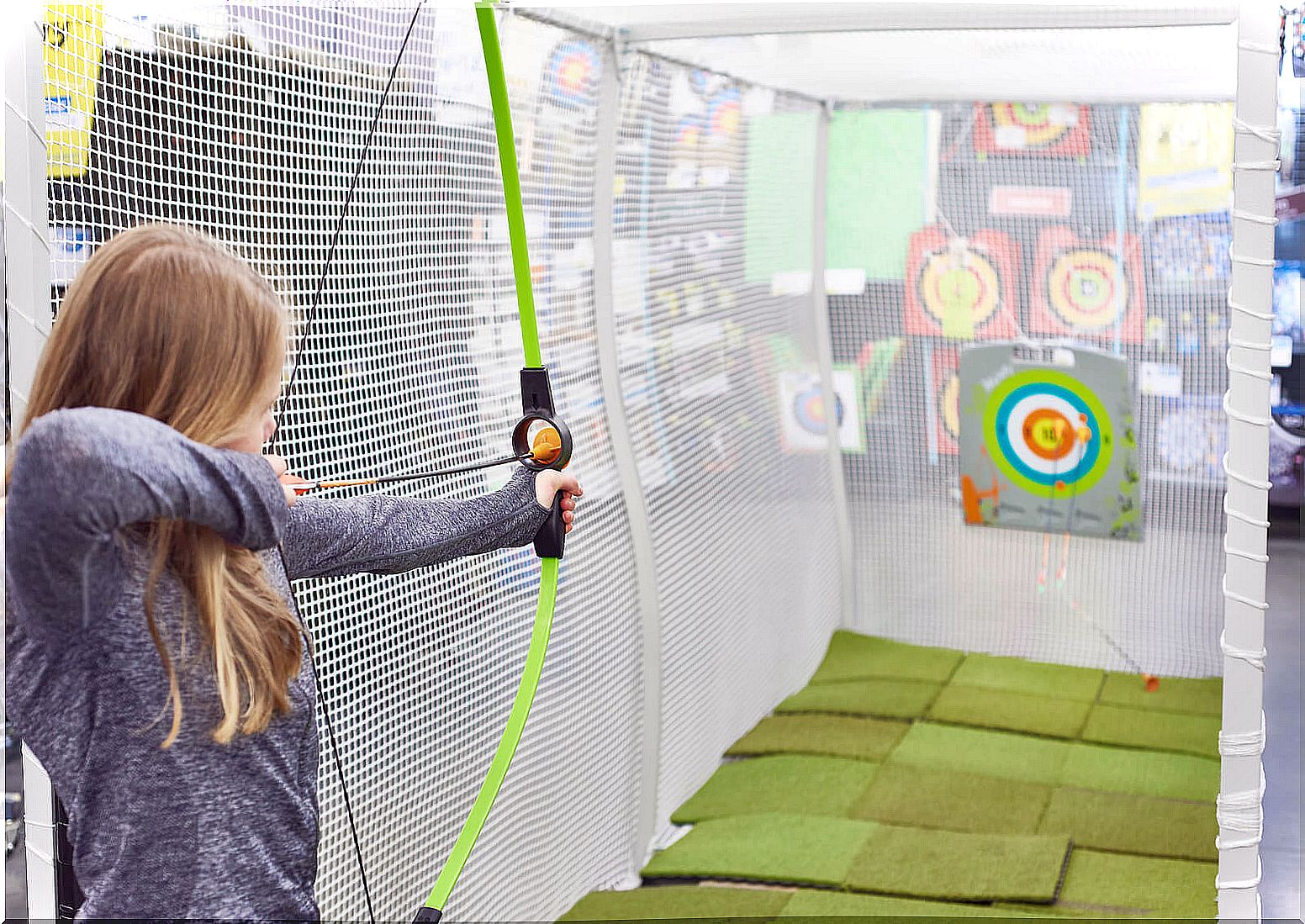
- Sporting spirit. They favor the development of team spirit, since all of them can achieve better results. In addition, the satisfaction of helping others increases the feeling of success.
- Better organization of the general time. Non-competitive sports take the pressure off of competition and strenuous training, which improves your ability to organize your time. This is especially important in times of heavy school workload.
Ultimately, cycling, dance, archery, or martial arts are some non-competitive sports that tweens can do to reap the benefits of physical activity without the pressure of competition.
Likewise, tweens can go hiking, climbing, canoeing, skating, skateboarding , skateboarding , skiing, dancing, tai chi, parkour and even crossfit , among many other sports that do not involve competition and that can be very interesting for them.
